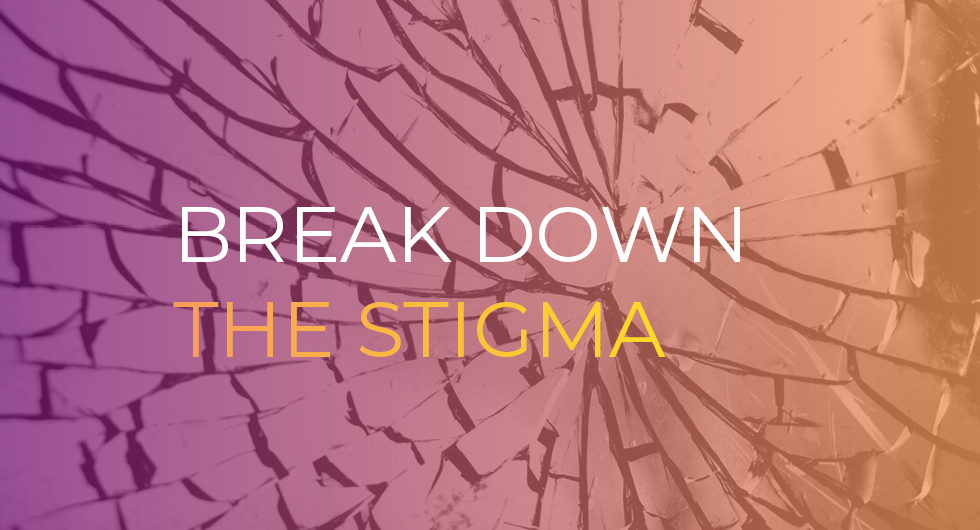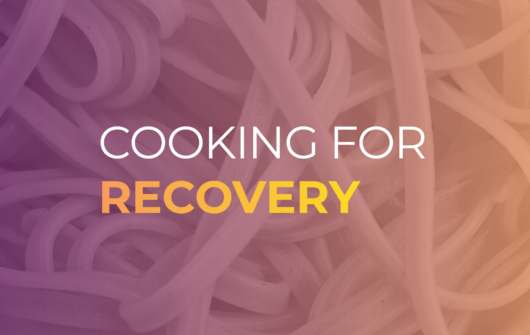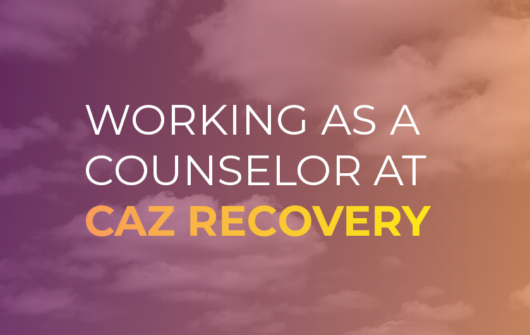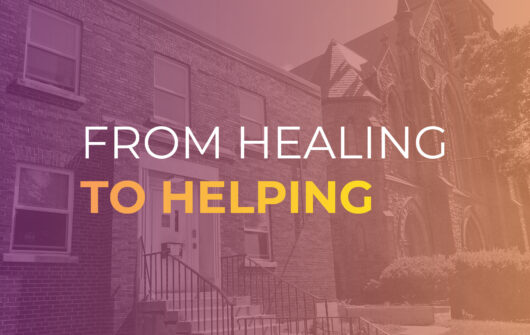Break Down the Stigma
Posted on: August 29, 2019

STIGMA AND SUBSTANCE USE
If we want to help people with substance use disorders, we have to break down the stigma associated with substance use. Sadly, stigma holds back countless people from seeking treatment. And make no mistake – having a substance use disorder is a disease that is entirely treatable.
According to The Drug Policy Alliance, “No physical or psychiatric condition is more associated with social disapproval and discrimination than substance dependence.” This discrimination takes many forms. It can come from a wide range of people, too. Sometimes, the people reinforcing stigma are the ones closest to the person with the diagnosis. Having friends and family members that display stigma can be particularly painful.
Unfortunately, stigma doesn’t just come from friends and family members. Shockingly, even medical and clinical professionals can reinforce stereotypes. In a Center for Addiction Medicine study from 2009, it was found that patients who were referred to as “substance abusers” were seen to be at fault and deserving of punishment. Meanwhile, those who were described as “having a substance use disorder” were more deserving of help and treatment. A simple change in language led to completely different perceptions by medical and clinical professionals.
THE EFFECTS OF STIGMA
It’s not just people with the disease that experience stigma. Programs that are designed to help in the face of this epidemic face stigma, too. Even with people suffering right in their neighborhoods, communities are pushing back against the creation of new programs at the moment when they’re needed most.
It’s important to realize that stigma is still pervasive. That’s why so many people with substance use disorders are fighting to change the way they’re perceived. In fact, we’re leading the way here at Cazenovia Recovery with our Stories of Recovery. While the effects of stigma may seem abstract, they directly impact the lives of people with this disease. Because of the strong social disapproval associated with substance use disorders, people are less likely to seek help or treatment. Shame and the ever-present lack of community support costs people their lives.
Even those who have remained free of drugs and alcohol for years can still be stigmatized. It’s tougher to find jobs, make friends, and build relationships when people feel like they have to hide part of their past.
HOW TO HELP
Stigma will remain an everyday reality for people with substance use disorders unless communities and individuals decide to change their attitudes. Elected officials especially need to understand the effects of stigma. By contacting elected officials – especially those on a city, county, and state level – and telling them that people with substance use disorders need more support, you can help lead the way in breaking down the stigma.
Thankfully, things are slowly changing. We’ve come a long way, but there’s still so much more to do. In many ways, small and simple changes may be the most impactful. Next month, we’ll discuss how changes in language can make a world of difference.
Other Recent Posts
Your donation can save a life!
In the grip of the opioid epidemic, you can make a difference. Any amount helps.





